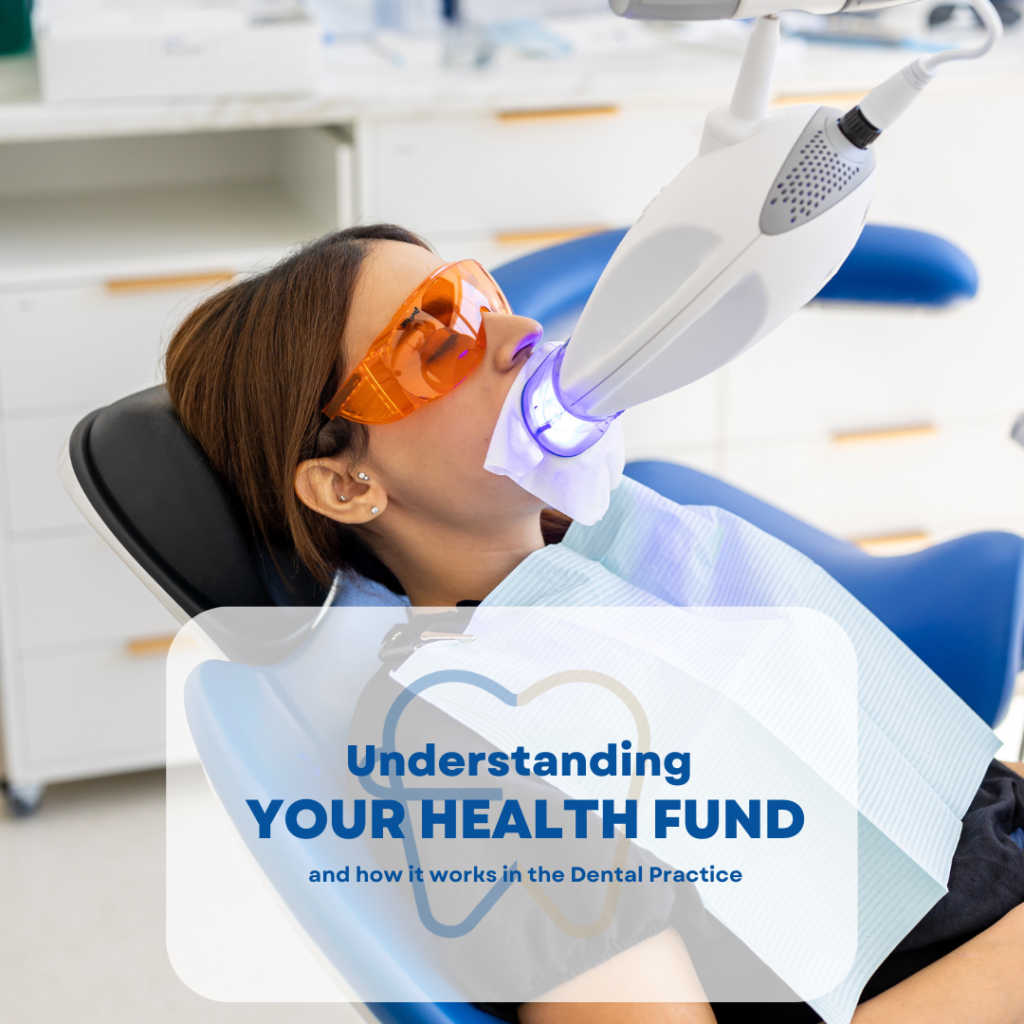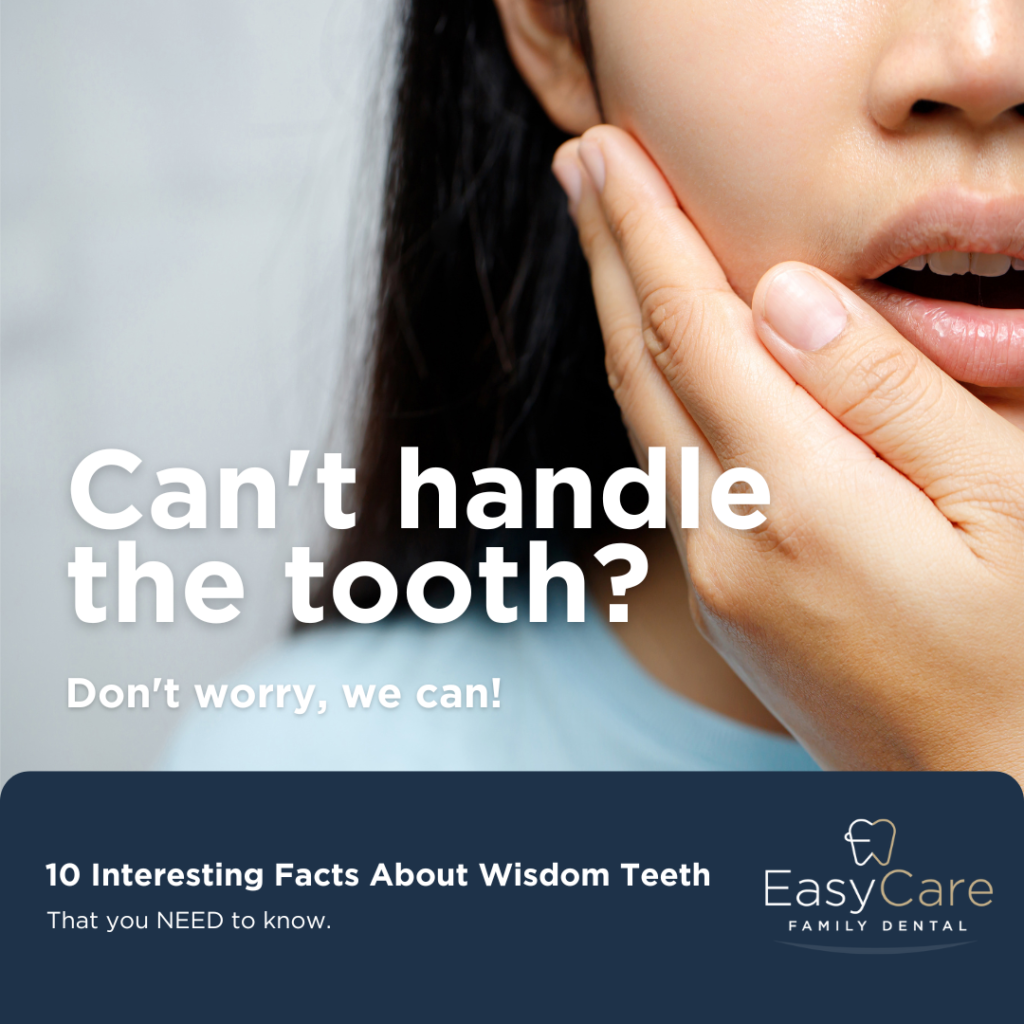Management of Avulsed Tooth: Adult vs. Child
An avulsed tooth, or knocked-out tooth, is a dental emergency that requires immediate attention to maximize the chances of successful re-implantation. Understanding how to properly manage this situation can make a significant difference in the outcome. In this blog post, we will cover what an avulsed tooth is, immediate steps to take, differences in managing an avulsed tooth in adults and children, handling and storage guidelines, emergency dental procedures, and long-term care considerations.
What Is an Avulsed Tooth, and How Does It Occur?
An avulsed tooth is a tooth that has been completely dislodged from its socket due to trauma or injury. This can happen during sports activities, accidents, or any impact to the face or mouth. Immediate action is crucial to increase the likelihood of saving the tooth.
Immediate Steps to Take When a Tooth Is Knocked Out
1. Stay Calm: Keeping calm is essential to handle the situation effectively.
2. Locate the Tooth: Find the tooth and pick it up by the crown (the chewing surface), not the root.
3. Rinse the Tooth: If the tooth is dirty, rinse it gently with milk or saline solution. Avoid scrubbing or using soap or chemicals.
4. Reposition the Tooth: If possible, try to place the tooth back into the socket. Hold it in place with gentle pressure.
5. Keep the Tooth Moist: If you cannot reinsert the tooth, keep it moist by placing it in a container of milk, saline solution, or a tooth preservation kit. Avoid using water as it can damage the root cells.
6. Seek Immediate Dental Care: Time is critical. Visit a dentist or an emergency dental clinic within 30 minutes if possible.
Differences in Managing an Avulsed Tooth in Adults Compared to Children
Managing an avulsed tooth in adults versus children involves some key differences:
1. Adults:
– Re-implantation is typically recommended for avulsed permanent teeth in adults.
– Adults are more likely to have a successful outcome if the tooth is re-implanted within 30 minutes to an hour.
2. Children:
– For children with avulsed primary (baby) teeth, re-implantation is generally not recommended because it can damage the developing permanent tooth underneath.
– If a permanent tooth is avulsed in a child, immediate re-implantation is essential, similar to adults, but with special consideration for their developing teeth and jaw.
Handling and Storage Guidelines for an Avulsed Tooth
Handling:
– Always handle the tooth by the crown, not the root, to avoid damaging the periodontal ligament fibers necessary for re-implantation.
Storage:
– The best storage medium is the patient’s saliva, but if that’s not possible, milk or a tooth preservation solution can be used.
– Avoid storing the tooth in water, as it can cause cell damage to the root surface.
Emergency Dental Procedures for an Avulsed Tooth
Upon reaching a dental professional, the following steps are typically taken:
1. Assessment: The dentist will assess the condition of the avulsed tooth and the socket.
2. Cleaning: If the tooth and socket are contaminated, they will be cleaned carefully.
3. Re-implantation: The dentist will attempt to reinsert the tooth into the socket.
4. Stabilization: The tooth will be stabilized using a splint to keep it in place while it heals.
5. Follow-Up: Regular follow-up visits are scheduled to monitor healing and address any complications.
Long-Term Implications and Follow-Up Care
After re-implantation, several considerations are important for long-term success:
1. Monitoring for Infection: The re-implanted tooth needs to be monitored for signs of infection or root resorption.
2. Root Canal Treatment: In many cases, root canal treatment is required to preserve the tooth.
3. Regular Dental Visits: Ongoing dental check-ups are necessary to ensure the tooth is stable and healing properly.
4. Protective Measures: Patients should avoid activities that could cause further trauma to the re-implanted tooth.
Conclusion
Managing an avulsed tooth effectively requires prompt action and proper handling. Whether the patient is an adult or a child, immediate re-implantation and seeking professional dental care are crucial for the best outcome. Understanding the differences in management for adults and children, as well as the correct procedures for handling, storing, and treating an avulsed tooth, can significantly improve the chances of successful re-implantation and long-term dental health.
If you ever face a dental emergency, including a knocked-out tooth, don’t hesitate to contact EasyCare Family Dental at 3523 3333 or visit us at Suite 103, 33 Lytton Rd, East Brisbane, QLD 4169. Our experienced team is here to provide prompt and effective care to save your smile.
Book Now
#DentalEmergency #AvulsedTooth #OralHealth #EasyCareFamilyDental #EmergencyDentistry #DentalCare
—


